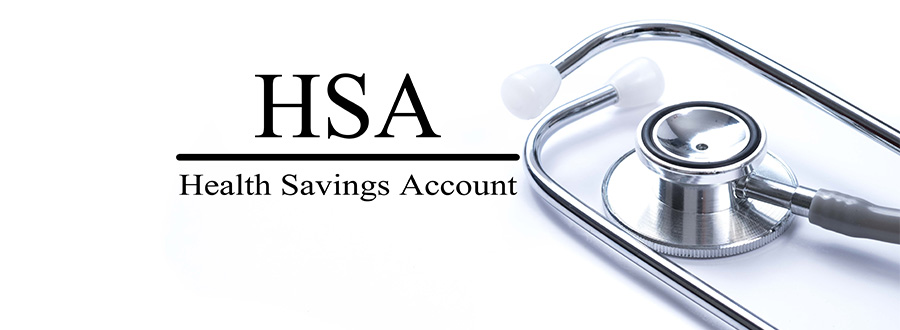Key Points
- To qualify for an HSA, you must enroll in an HSA-eligible plan, which requires a deductible of no less than $1,400 for individuals and out-of-pocket costs of no more than $7,000.
- An HSA can create a healthcare emergency fund with tax advantages.
- HSAs are tax-free when you contribute, as it grows, and when you withdraw money, provided you use the funds for qualified healthcare expenses.

When choosing your annual healthcare plan, you may evaluate anticipated healthcare costs. You consider the amount you expect to spend on doctor appointments, medications, and treatments. Will you have any upcoming procedures that could increase costs? After arriving at a guestimate for next year’s costs, you select a plan that minimizes out-of-pocket expenses.
It is not uncommon to choose a low deductible, low maximum out-of-pocket plan, even though it may have substantially higher premiums. Next time you review your healthcare plan, consider the benefits of enrolling in a high deductible policy that qualifies for an HSA, even if you have frequent doctor visits or regularly take prescribed medications.
What is an HSA?
HSA stands for health care savings account and operates much like the FSA (flexible spending account) employers provide. The fund offers a way to budget and pay for medical expenses with pre-tax dollars.
To qualify for an HSA, you must enroll in a high-deductible health insurance plan (HDHP) as defined by the IRS.
Three Ways an HSA Saves You Money on Medical Bills
HSAs reduce your taxes. You contribute money with pre-tax dollars. It grows tax-free, and when used for qualified healthcare costs, you get tax-free withdrawals.
What are the HSA Limits and Terms?
Currently, high-deductible plans must feature a deductible of at least $1,400 for an individual and no less than $2,800 for a family. Out-of-pocket expenses cannot exceed $7,000 for an individual and $14,000 for a family. Not all plans with high deductibles qualify, so it’s essential to verify the policy is HSA eligible before enrolling.
You can find a policy through your employer, on www.healthcare.gov, or a private insurer. Accounts qualify whether you open it through your employer or independently. Individuals may contribute up to $3,600 annually, and families have a cap of $7,000. Like retirement accounts, there is a catch-up contribution limit of $1,000 for anyone over 55. The maximum age you can add funds to the account is 65.
There are a few key differences between an FSA and HSA:
- An HSA does not require you to spend all funds before the end of each year.
- You can invest amounts above your actual healthcare costs.
- You receive tax-free growth and withdrawals as long as you use funds for qualified healthcare expenses.
Investment Options of an HSA
After funding the account, you must leave a certain amount in cash to cover current medical costs. You can invest excess funds in stocks, bonds, mutual funds, or ETFs. When you contribute more than you use each year, the funds can serve as a healthcare rainy day fund.
How to Use an HSA to Pay for Medical Expenses
Many consumers worry about enrolling in high deductible plans because of the higher out-of-pocket costs. However, the premiums for high deductible policies are much lower. One strategy is to invest the premium difference to fund the account. Then, if you experience a medical emergency that requires you to pay the deductible, you can use HSA funds to pay the expenses. If you do not, the money stays invested, growing tax-free.
Even with a high deductible policy, you only pay the co-payment or co-insurance for doctor visits, medical tests, and prescription drugs. Once you meet the co-pay, insurance picks up the rest of the cost. The need for surgery is the most common reason people meet the full deductible or maximum out-of-pocket expenses.
You can use your HSA to lower taxable income. The money in the account can pay for co-pays, vision, dental, and other out-of-pocket costs. You can then invest the remaining funds to build a medical emergency account for future use.
